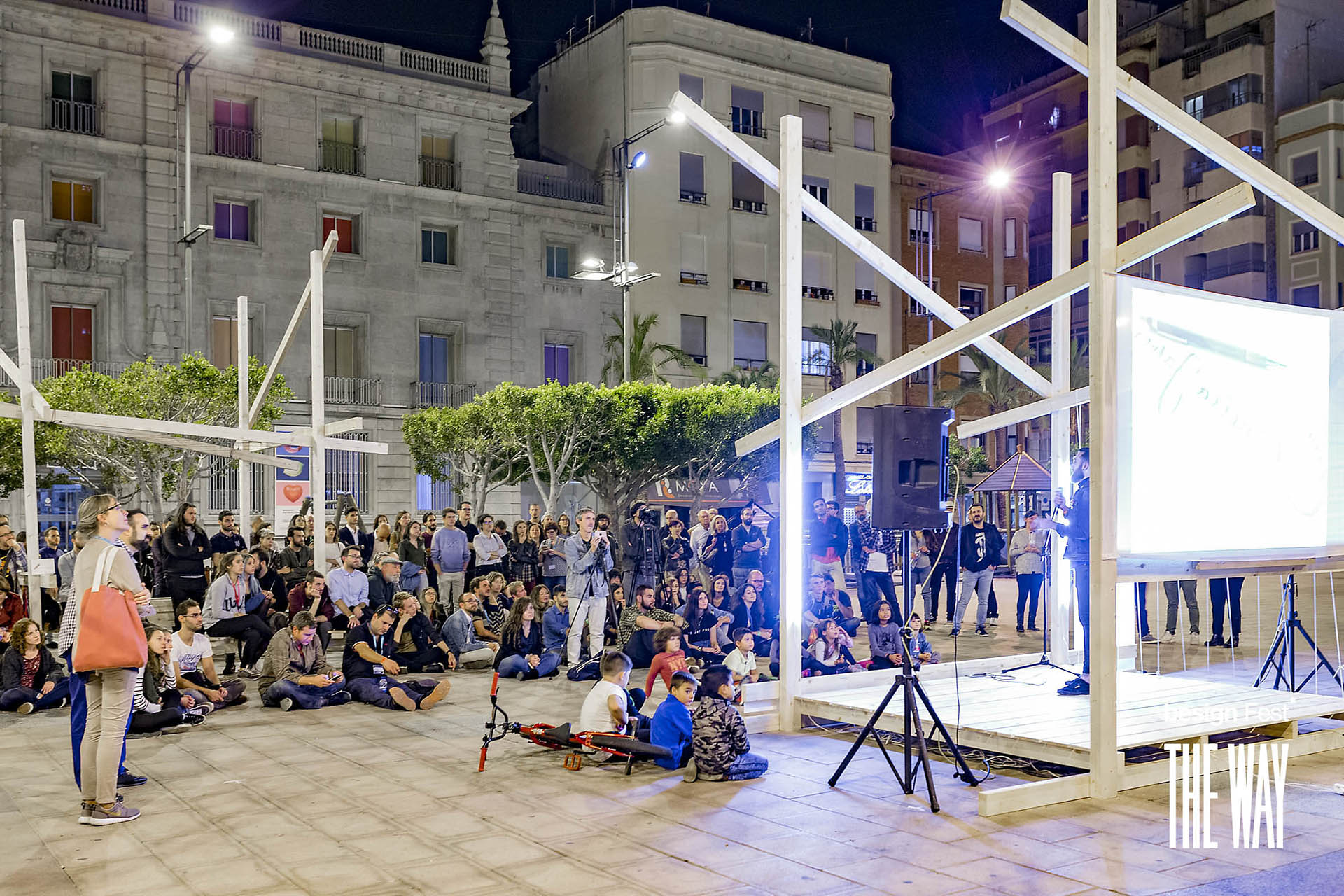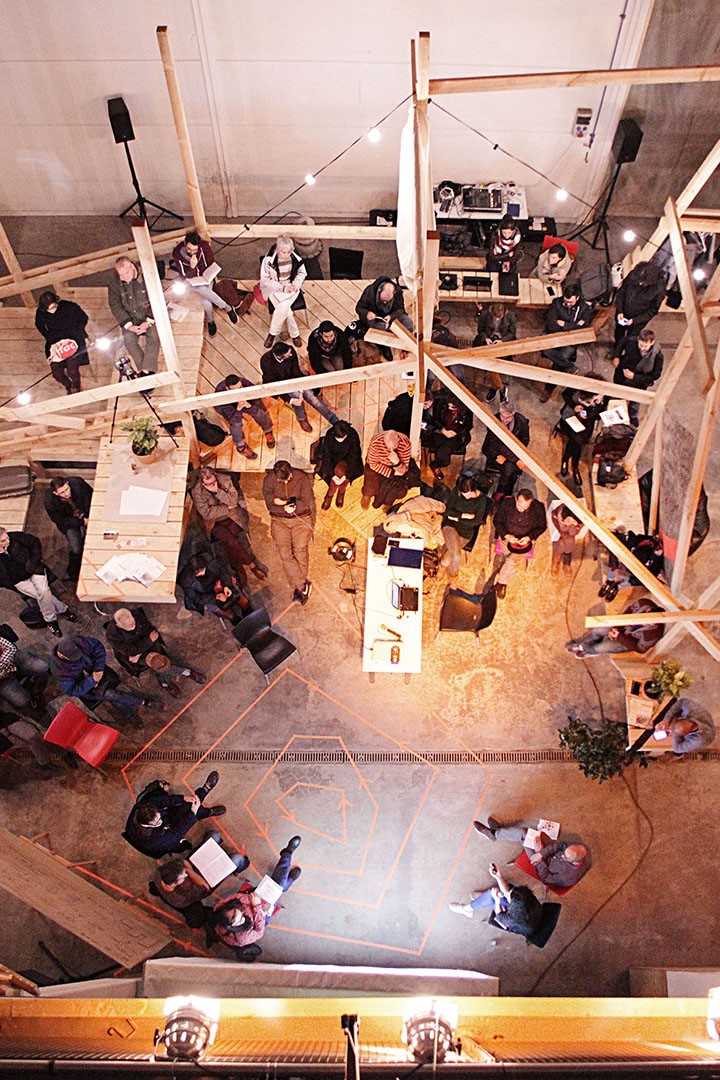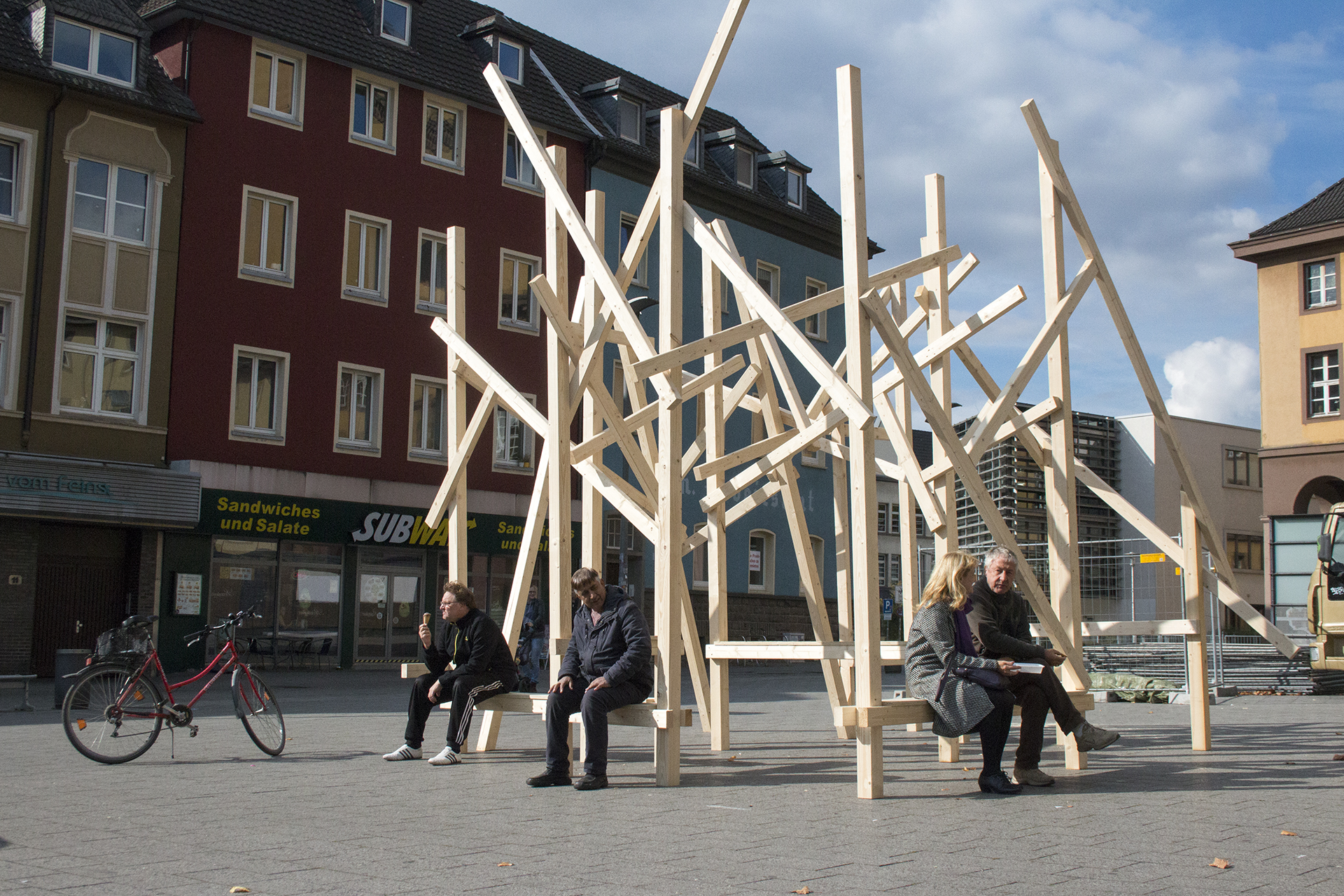
Co-designing and building experimental urban infrastructures
There are many factors that condition and bear our way to see, understand and design our cities: policies, local regulations, climate factors, access to materials, infrastructure, technologies and culture.
The opportunity to make a city is to transform these limitations into opportunities by generating spaces and contexts in which collaboration around design is at the service of all. The aim is to achieve a transformation of the city from the process rather than the infrastructure. Thinking a new city also requires transforming the tools and methods that allow us to do so.
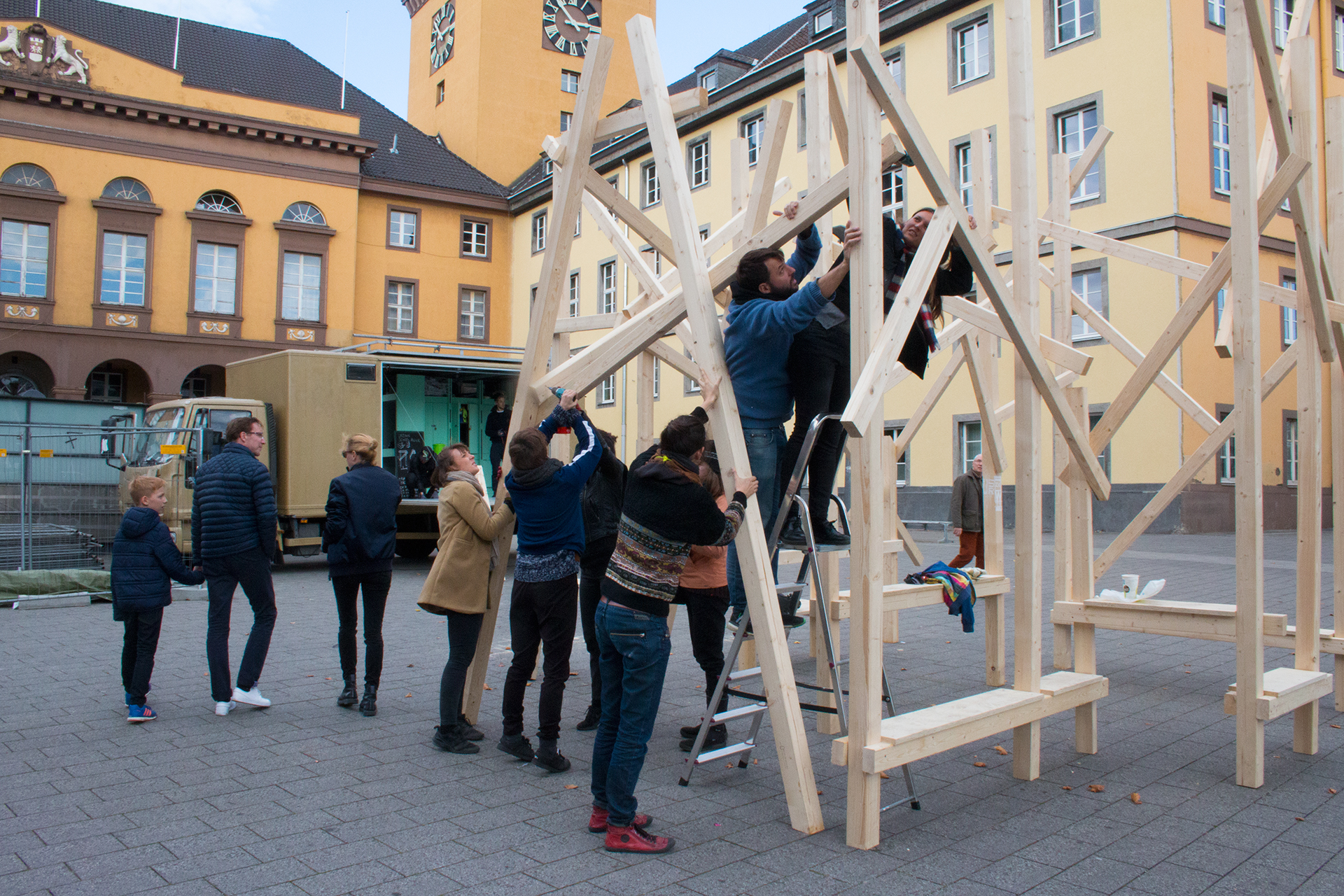
The Epic Urbanism workshop explores and implements ways of doing things in common by trying to answer questions. How is decision making while doing together? How do we communicate our ideas to each other and share whilst “doing in common” and which ongoing formats do we use in order to fix and visualize what we learn? Can we implement systems that lead us to unexpected solutions and innovation? Which are the tools and resources that we have nowadays to transfer what we know?
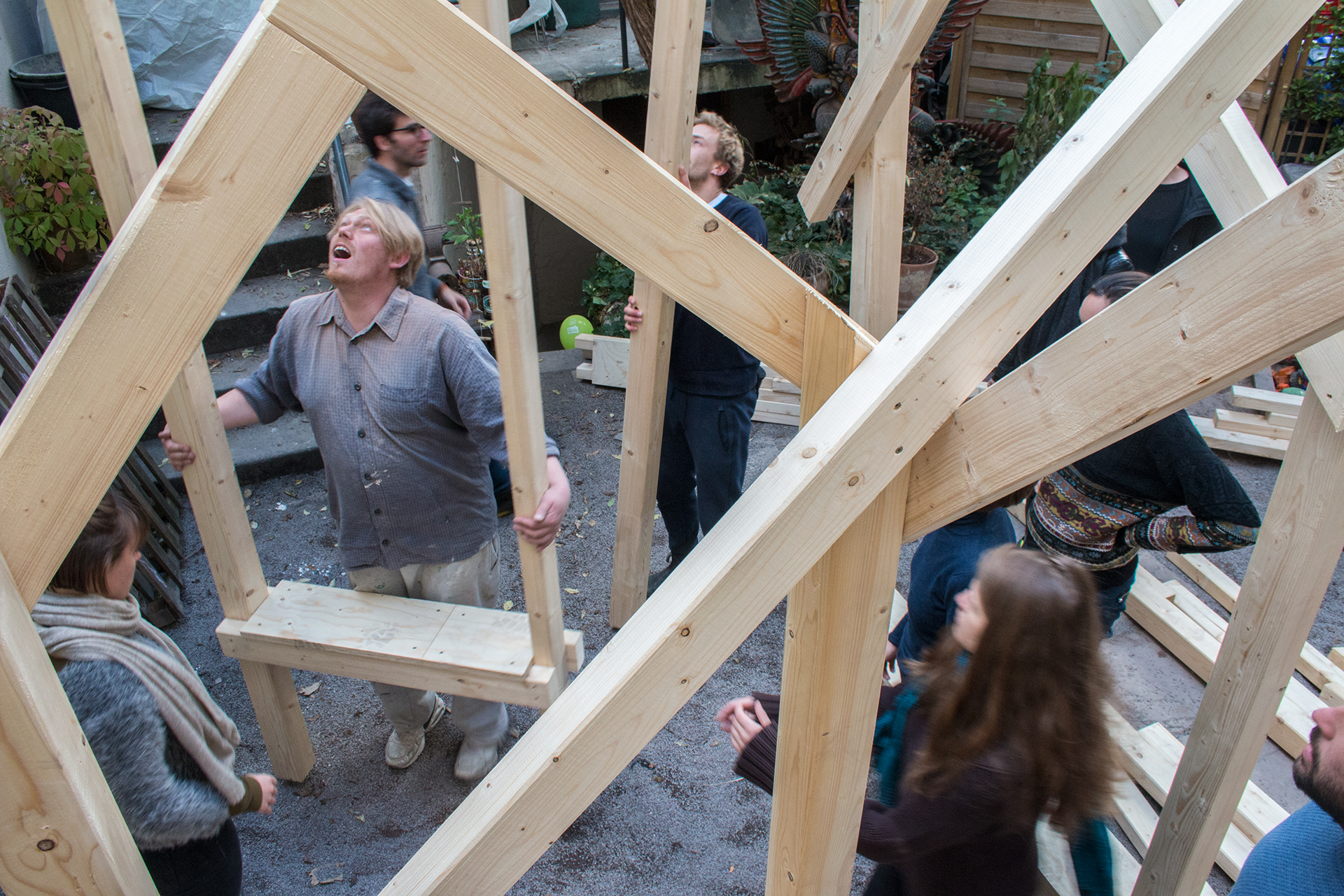
We propose the design workshop and participatory construction, developing together a structure capable of accommodating multiple uses. The working methodology is based on the co-design between all the agents participating in the workshop, starting from some initial conditions or rules of the game that will set the basis for the development of the proposal. The intention with the workshop approach is to articulate a learning environment that mainly allows any interested person or initiative to be co-author of the piece, that fulfills the purpose and requirements established in terms of its function and that, once the event is over, facilitates its care and maintenance.

Under these conditions, a simple construction system, using only wooden slats without any previous design, is developed during the workshop. In three simple steps (cutting-assembling-screwing), we arrive at the construction of a collaboratively designed urban infrastructure.
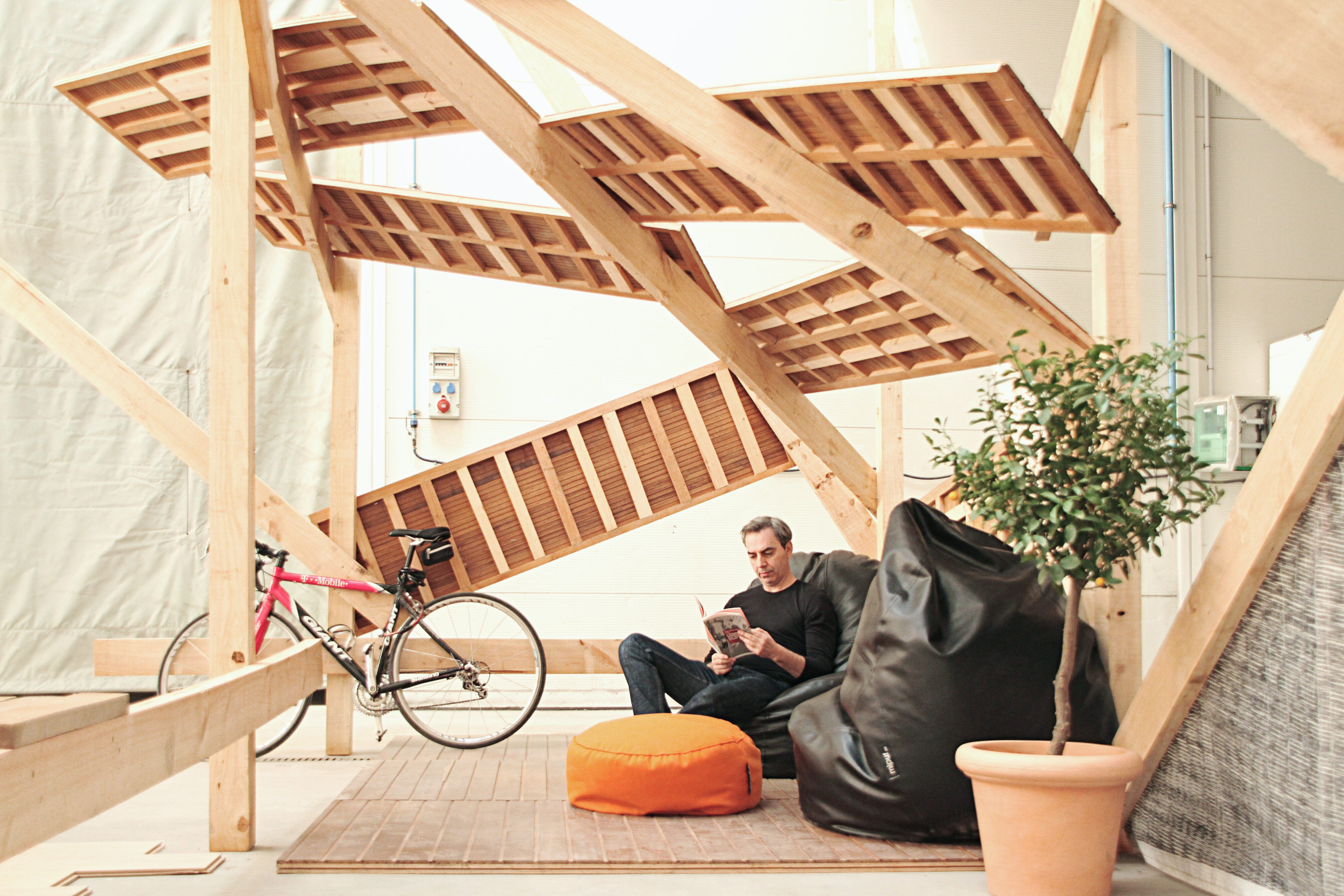
This workshop has taken place together with the Urban School of Ruhr in Witten (Germany), with Civic Wise in Valencia (Spain) and with besign Fest in Castellón (Spain), where multiple and diverse agents have contributed to the design and construction of the urban infraestructures.
